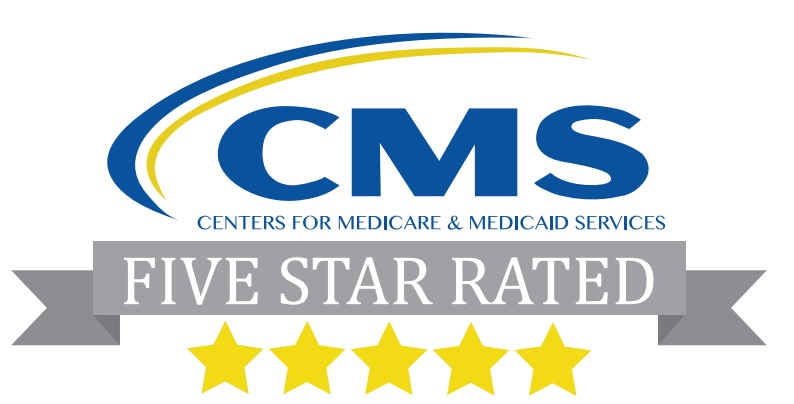For the millions of families in America faced with the tough time of placing their loved ones in a nursing home, Medicare’s online quality ratings are meant to help them make the right choice. Since 2008, Medicare has published quality ratings for every nursing home in its network according to a five-star system. A nursing home awarded five stars is meant to be a top tier facility, but for many homes that rating doesn’t hold up under scrutiny.
A 2019 study by Amanda Sharkey and Amandine Ody-Brasier found little correlation between a nursing home’s ratings and its actual health outcomes. Worse, the findings of their study concluded that nursing homes are likely gaming the Medicare rating system, utilizing dishonest tactics to inflate their scores.
The amount of stars a nursing home is awarded is determined by three sub-ratings: patient outcomes, results from onsite inspections, and staffing levels. Critically, the patient outcome and staffing level sub-ratings are based on the nursing home’s self-reported numbers and payroll information, meaning they can adjust their own scores to receive more stars. It’s a method that relies far too much on the honor system – if a nursing home overstates its staffing levels or does not disclose negative patient outcomes, it can receive a five-star rating it does not deserve. This means countless families are deceived into believing their loved ones will be properly cared for at a well-staffed facility.
Sharkey and Ody-Brasier were first alerted to this tactic when studying a change in the Centers for Medicare and Medicaid Service’s parameters for maintaining each star rating. In 2012, the staff number requirements were raised for every star rating, meaning many nursing homes had to hire new nurses if they wished to maintain their previous rating. Sharkey and Brasier expected to find data indicating that an increase in nursing hours for each patient leads to better health outcomes. This wasn’t an unreasonable hypothesis, considering it’s backed up by countless studies and nursing experts, in addition to being general common sense.
Instead, they found that nursing homes which reported staff increases failed to see a correlated increase in quality of care. The rate of bedsores, for example, did not decrease even though they are extremely preventable with a sufficient amount of care. This is a strong indicator that nursing homes are cheating the system by reporting staff numbers that just aren’t consistent with the reality on the ground.
Families seeking a clean and attentive nursing home for their loved one should regard the Medicare ratings with caution. Poor quality nursing homes can often be fatal for the elderly residents that wind up in them, as well as deeply traumatic for the surviving families. The safest course of action is to visit nursing homes personally, assessing the overall cleanliness and speaking to current residents and staff. Don’t be deceived by facilities that would rather cheat the ratings than make your loved one’s health a priority.

